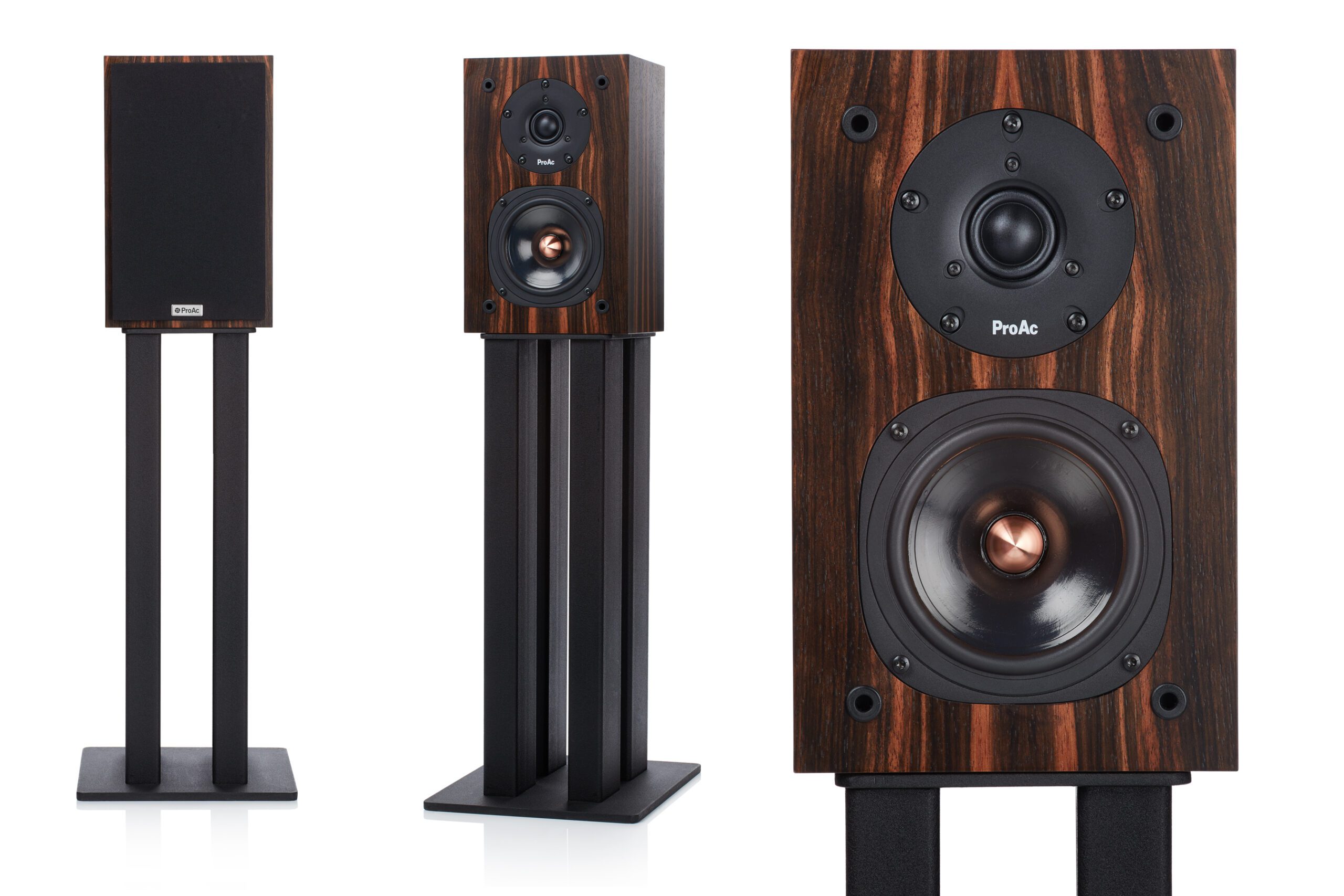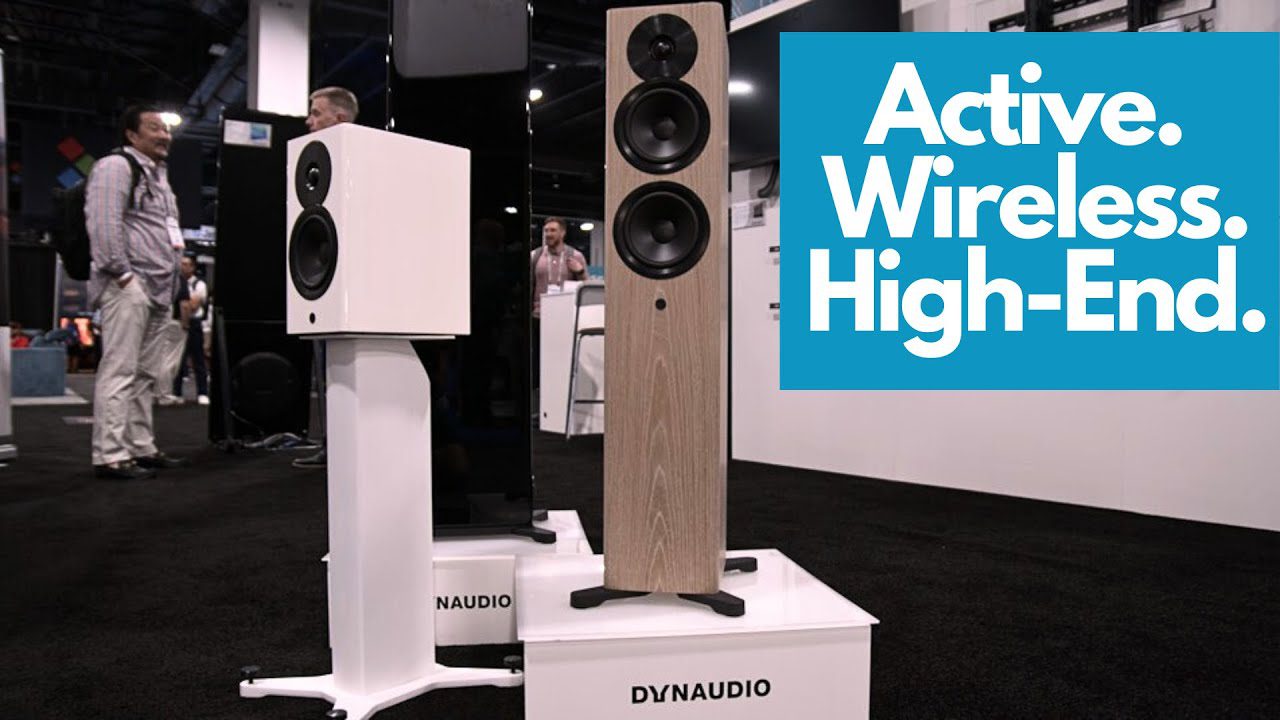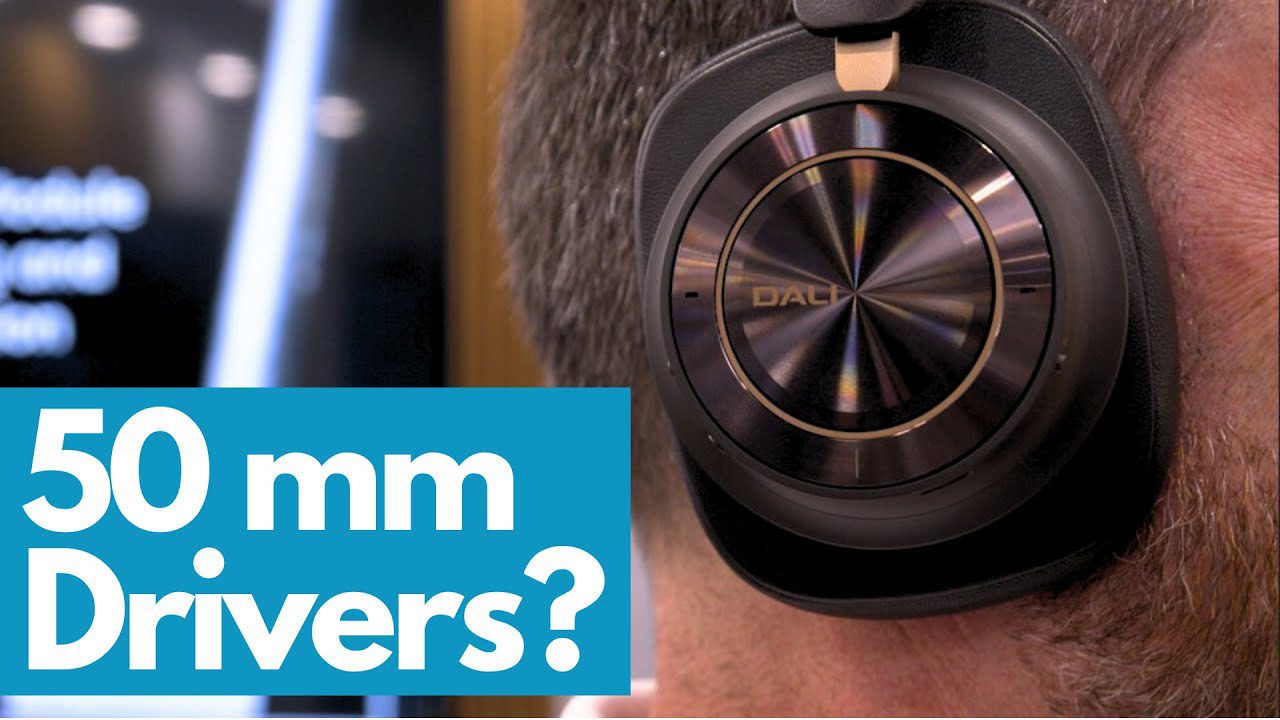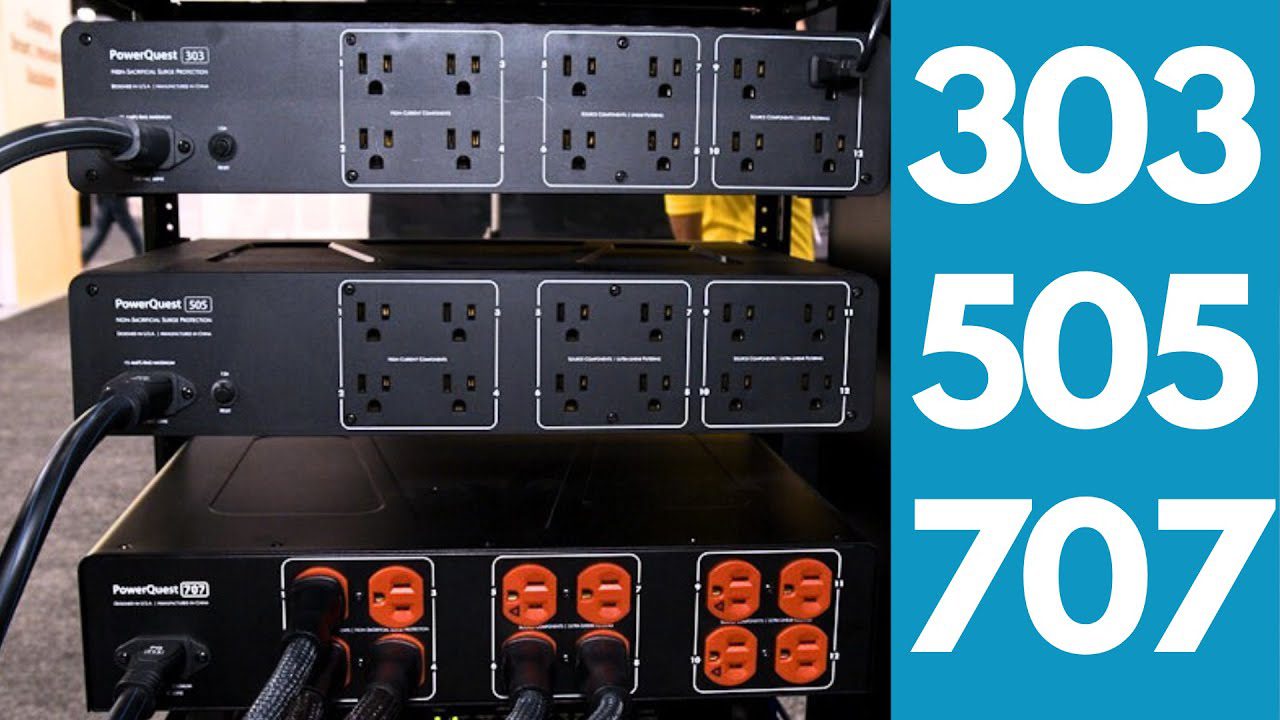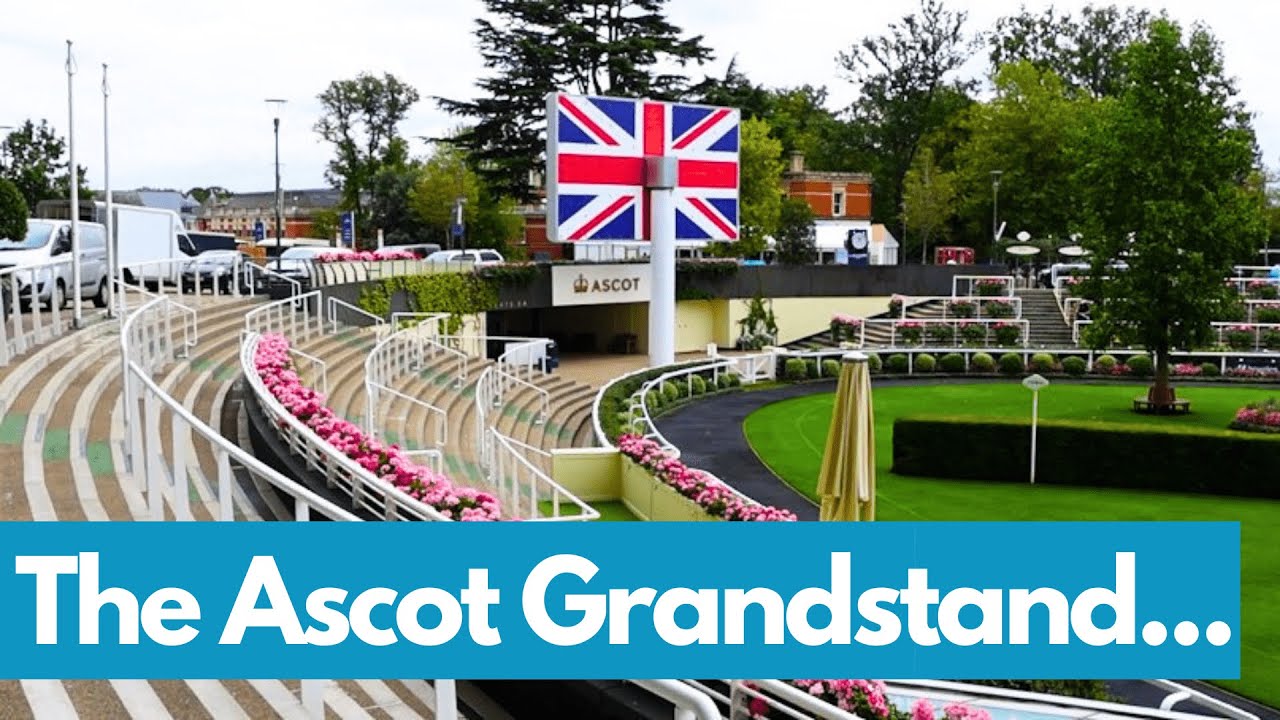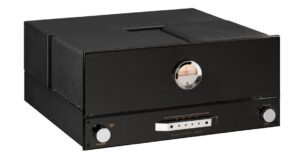
There are two ways of making a loudspeaker. The first, simplest and most common way is ‘get someone else to do it’. By relying on time-worn loudspeaker design criteria, and calling on an endless set of drive unit permutations and combinations, it’s possible to design a loudspeaker without a great deal of fuss. Then there’s the harder way. Each model is a clean sheet, constrained only by the physics involved, the skill of the designers and the amount of test equipment at their fingertips. Everything – from drive unit construction to cabinet shape – is ripe for investigation and questioning. That’s the way Triangle approached its new Signature range, including the Delta floorstander.
The Signature series is below the company’s top Magellan line but above the previous Genese range it replaces. In a good way; it brings the performance – and quality of finish – of Magellan into a range with the footprint, ease of use and driving of the Genese. It’s a great compromise, because it’s more ‘balance’ than ‘compromise’.
In microcosm, the change highlights the larger shifts in the audio business. The company’s excellent Color range and lower price Esprit models continue, as does the higher-end Magellan, but the Signature series is a step up over the previous Genese models and there’s no direct replacement in the pipeline. Such is the scooped out middle of the audio buying world at this time.
There are four models in the new range, the two floorstanders Alpha and Delta, the Theta standmount and the Gamma centre channel (Triangle suggests its commendable Meteor 0.5 subwoofer to complete the series for home cineastes). We reckon the Signature Delta hits something of a sweet spot. It’s the floorstander that will work well in most European domestic living rooms.

The floorstanders use the same drivers throughout. The Delta comprises a TZ2500 horn-loaded tweeter taken straight from the Magellan design, coupled with a 185mm mid-range doped paper cone and a glass-fibre 185mm bass cone, two in the Delta, three in the Alpha. These last two have been developed specifically for the Signature range, taking full advantage of the fact Triangle makes its own drive units. The midrange has a double-layer voice coil and a unique phase plug shaped dust cap, designed to give all the phase benefits of a phase plug but without the in-built air-escape route, to enhance linearity and therefore better sound. The bass driver, on the other hand, sports a double-layer voice coil and twin magnets, and the cone features a half-roll rubber suspension, all of which gives the speaker great speed.
Because it controls driver production, the company can ensure great consistency between drive units, and in the Soissons factory, the drive unit plant is opposite the R&D centre, anechoic chamber and listening facility, so any such claims are subject to a lot of testing and a lot of listening.
Nothing’s left to chance here. Even the distinctive front spike foot with its captive disc is a resonance drain. The front firing vent is divided in two, so that each bass driver sees the front port as its own. Then there’s the crossover network. Not only has the filter network been redesigned, but it now features internal wiring by high-end experts Kimber Kable. That cabinet shape is deceptively solid, too. It’s made from seven high-densitiy layers of 3mm fibreboard bent into shape over a period of three weeks. The front baffle is further reinforced, ending up 25mm thick. The chambers of the Signature help minimise any internal resonance or standing waves, and the whole caboodle is finished off in either a mahogany veneer or a black or white solid finish, coated in between seven and 10 layers of paint for that piano gloss look. The net result is something that looks as good as it sounds.

Generally, there’s a rule of thumb in audio that states the larger the company, the less exciting the products. We’re an industry dominated by slightly eccentric one-man-bands making remarkable products at a scale of one every now and then. Triangle is the rare exception; an established company that can design exciting products that usually come from small, hungry brands. Personally, I find it reassuring that loudspeaker greatness is not the sole preserve of swivel-eyed men in sheds, and if a company like Triangle can make products that are as exciting as they are well-engineered, why can’t the other big brands do the same?
The striking thing about listening to the Signature Delta is it makes a lot of hi-fi speakers sound a bit like timid grey mice in comparison. There are too many ‘safe’ sounding loudspeakers in audio (especially at this price and below). They make a sound that is never threatening, never nasty and just a little bit bland. These speakers always sound ‘nice’, in an unthreatening way, like they are scared of upsetting the music gods. The Signature Delta never does this; music is all about the passion here. It’s not background sound (although the speaker does work extremely well at low levels), it’s fire in the belly stuff. You are the kind of person who will have to play it loud. Music puts a smile on your face, a spring in your step and a tear in your eye. To you, music is not something to be analysed or categorised or refined and processed; it’s about listening to the Clash or playing the Rite of Spring and lobbing a few chairs around. If you’ve ever had a heated argument about Beethoven; if you’ve ever had a friendly discussion about guitars over a glass or two of wine that ended up with you gesticulating so wildly your shirt looks like you were the victim of a zombie attack, or if your reaction to the phrase “I like Celine Dion” brings forth visions of leaping across the room with a knife between your teeth, then you are a candidate for the Triangle Signature Delta.
Triangle speakers are perfect for recreating that sense of musicians playing in a live venue, and the Signature Delta takes that to the max. This should be tempered slightly, because that’s not quite the strict ‘absolute sound’ definition of ‘musicians playing live with unamplified instruments in a natural acoustic space’, but instead the Signature Delta focuses on that exciting, almost atavistic sense of a performance happening when you hear it live. That’s what Triangle has long excelled at, and it is what is done so well here.
How this manifests is simple. Play something live with a crowd. You feel like you are in with the crowd. Play something recorded in a studio and you feel like there should be a crowd, and you are in it. It doesn’t matter if you are in the crowd waiting to hear a genteel string quartet, noodly jazz or searing Chicago blues, it’s the sense of ‘being there’ that is all pervasive. I suspect this comes down to expressing the excitement of music, which might have something to do with the energy – especially high-frequency energy – that the Signature Delta is so adept at delivering. You really could put elevator music through these babies and think it were a fairly good concert from a fairly bland band.
In audio terms, this is a combination of near effortless dynamics, good imagery and image solidity, a clean, detailed midrange and high frequency response. It’s also exceptionally precise across the board; often the presence of a front firing port seems to act like an drag on the bass, keeping it fractionally behind the beat. But not here. This is fast paced, lively and forward. Strangely, you tend to hear this best not on simple 4/4 pieces but on more complex polyrhythms; I occasionally play some Bach’s Sonatas recorded by Paul Galbraith on acoustic guitar (in this case played like a cello) and the ability to parse counterpoint can be exceptionally difficult on anything other than a surface level. But with the Triangle, it worked like a music lesson, and you can easily predict the way the differing lines of melody and harmony pan out.
There are many indicators of good sound. Some are relatively objective. Some are subjective and some of the best are meta-indicators. Amazon and Shazam know when I’m in the presence of something good, because I end up firing up both apps and buying music of anyone attending the session at a fairly alarming (to my bank balance) rate. At the end of the first session I had with these speakers, I had added seven albums to my collection, which given the person playing only played eight tracks, is a fairly good hit rate, and a good indicator that not only did the guy have some good music on hand, but the speakers were playing it well. Next time round, I got close to buying my own music again, because I was enjoying it so much. That’s what the Signature Delta does for music.

I fear I’m making this sound one-dimensional, like the speaker is all energy and nothing more. That’s very far from the case. It’s an extremely detailed, erudite loudspeaker design. This shines through from the midrange outward, extending upwards with a beautifully extended treble and a tidy, surprisingly powerful bass. It throws out a good soundstage too, more deep and wide than high, but what I think a perfect balance between ‘up-front’ and projecting into the room and recessed or lurking behind the loudspeakers. It’s also extremely dynamic, although perhaps the last word in filigree micro-dynamics so beloved by American high-end speaker designs is slightly diminished. Bass is good too, especially given the stature of the loudspeaker, but it doesn’t have the taut delivery of sealed box Magico or the depth of a full-range loudspeaker like the big Magellan flagship. However once again, it’s a sense of balance rather than compromise.
Perhaps most alluring of all though is the ability to play seriously loud easily. It’s not a party animal loudspeaker, but the combination of efficiency and good power handling spell a speaker that keeps its head when things get raucous. Being a French design, it was hard to resist playing the latest Daft Punk album, and the temptation to wick it up to clubby levels was always present. And it didn’t disappoint when you gave in to temptation. It kept its composure and its tonal balance up to some really quite ‘frisky’ sound pressure levels.
Triangle’s ‘signature’ sound (pun sort of intended) is distinctive, and like all things distinctive, it’s not for everyone. If you like that kind of gentle, rolled off top and bottom that typified BBC designs, this is absolutely not the loudspeaker for you. Alternately, if you go for the impressive ‘boom tizz’ sound of a speaker that delivers a screaming top end, a fat bass and not much between, this won’t rattle your cage either. You’ll rail against that Triangle sound even with the cheapest models, but the Signature Delta represents a far purer picture of that Triangle sound. That said, if you like that sense of being in a live venue, that vivacious and fundamentally entertaining sound of Triangle, the Signature Delta polishes that to perfect-cut, blue-white diamond clarity.
There’s only one downside – the Signature front panel has a slightly curved mirror at eye height. This means you can’t but help being stared back at by two slightly distorted versions of yourself! This has a left-field advantage in set-up – if you can see your reflection equally in both speakers, you are in the right position for the loudspeakers. However, unless you are a bit of an egotist, I’d recommend masking the mirrored panel off and treating yourself to some photographer’s matt dulling spray. If that isn’t the definition of ‘picky’ I don’t know what is.
Triangle hasn’t taken the easy route with the Signature Delta, either in the development or in making a ‘safe’ bland sound. Instead, Triangle has made a loudspeaker that excels in passion and grace and fire. You get the feeling with this speaker, perhaps more than any other at its price, that you don’t get to choose it, it gets to choose you. This is a loudspeaker that comes with a bonding process, and once that happens, there’s no turning back.
Technical Specifications
Three way ported loudspeaker
Drive Units: 1x TZ2500 tweeter, 1x 185mm paper cone midrange, 2x 185mm fibreglass woofer
Sensitivity: 92dB/W/m
Bandwidth: 35Hz-20kHz±3dB
Power handling: 120W
Repetitive Peak Power handling: 240W
Nominal impedance: eight ohms
Minimum impedance: 3.3 ohms
Crossover Points: 280Hz, 2.7kHz
Dimensions (WxHxD): 37x123x38.6cm
Weight: 33kg
Available in piano white, piano black, piano mahogany
Price: £4,900 per pair
Manufactured by:
Triangle
URL: www.triangle-fr.com
Tel: +33(0)3 23 75 38 20
Tags: FEATURED
By Alan Sircom
More articles from this authorRead Next From Review
See all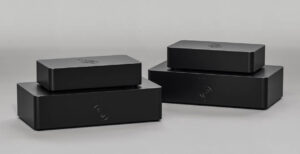
Reiki Audio SuperSwitch Master Pro + Servant Pro
- Mar 27, 2024
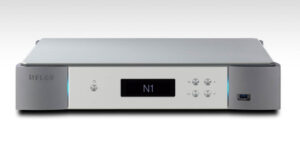
Melco Audio N1-S38 music server
- Mar 27, 2024
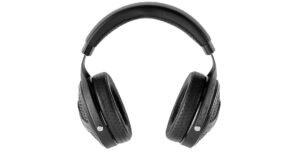
Focal Utopia 2022 headphones
- Mar 27, 2024

